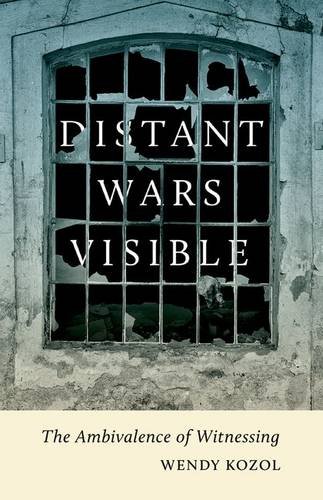

Most ebook files are in PDF format, so you can easily read them using various software such as Foxit Reader or directly on the Google Chrome browser.
Some ebook files are released by publishers in other formats such as .awz, .mobi, .epub, .fb2, etc. You may need to install specific software to read these formats on mobile/PC, such as Calibre.
Please read the tutorial at this link: https://ebookbell.com/faq
We offer FREE conversion to the popular formats you request; however, this may take some time. Therefore, right after payment, please email us, and we will try to provide the service as quickly as possible.
For some exceptional file formats or broken links (if any), please refrain from opening any disputes. Instead, email us first, and we will try to assist within a maximum of 6 hours.
EbookBell Team

4.0
26 reviews
In our wired world, visual images of military conflict and political strife are ubiquitous. Far less obvious, far more elusive, is how we see such images, how witnessing military violence and suffering affects us. Distant Wars Visible brings a new perspective to such enduring questions about conflict photography and other forms of visual advocacy, whether in support of U.S. military objectives or in critique of the nation at war.
At the book’s center is what author Wendy Kozol calls an analytic of ambivalence—a critical approach to the tensions between spectacle and empathy provoked by gazing at military atrocities and trauma. Through this approach, Distant Wars Visible uses key concepts such as the politics of recoil, the notion of looking elsewhere, skeptical documents, and ethical spectatorship to examine multiple visual cultural practices depicting war, on and off the battlefield, from the 1999 NATO bombings in Kosovo to the present.
Kozol’s analysis draws from collections of family photographs, human rights photography, independent film production, photojournalism, and other examples of war’s visual culture, as well as extensive visual evidence of the ways in which U.S. militarism operates to maintain geopolitical dominance—from Fallujah and Abu Ghraib to the most recent drone strikes in Pakistan.
Throughout, Kozol reveals how factors such as gender, race, and sexuality construct competing visualizations of identity in a range of media from graphic narrative and film to conflict photography and battlefield souvenirs—and how contingencies and contradictions in visual culture shape the politics and ethics of witnessing.